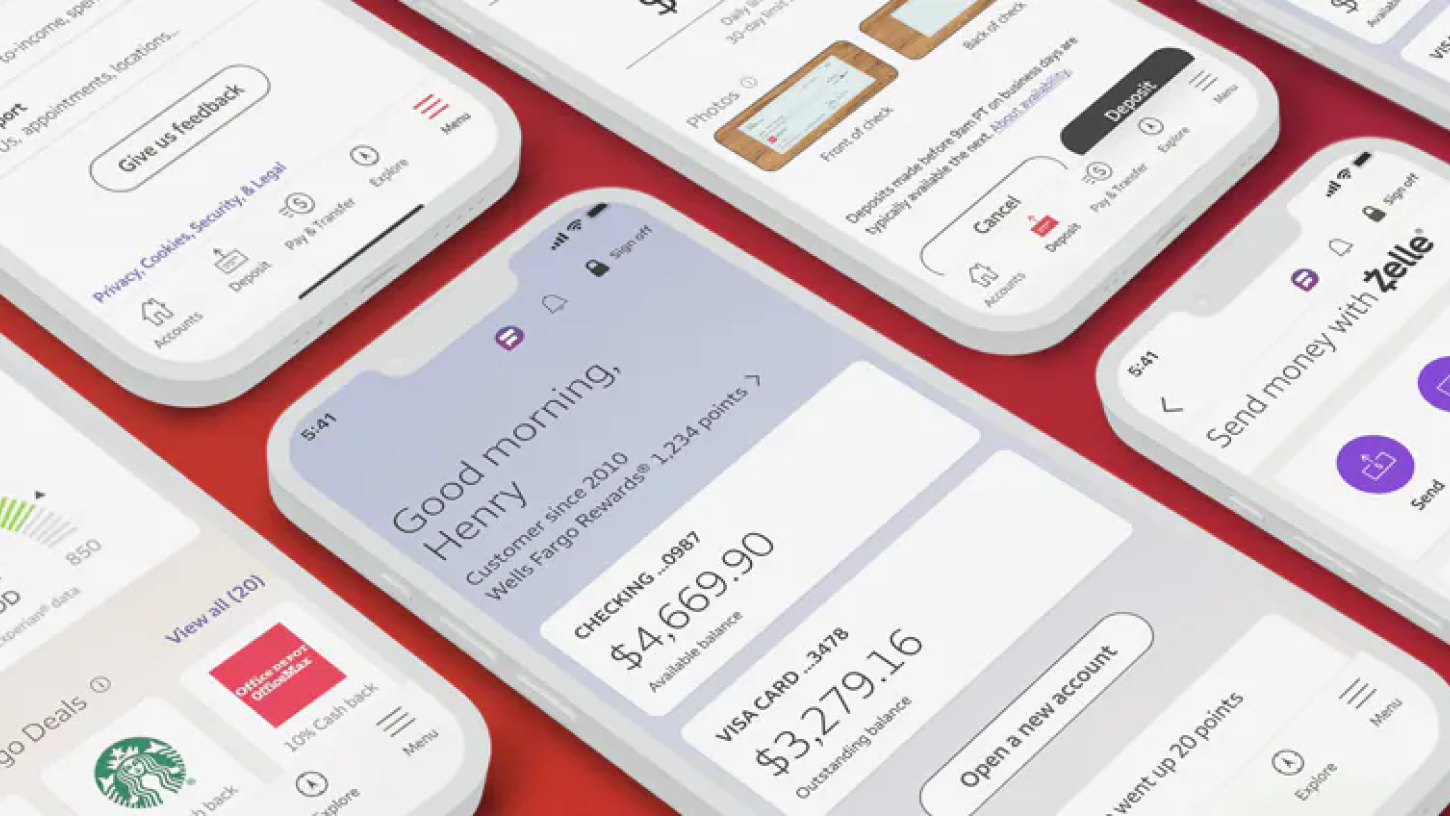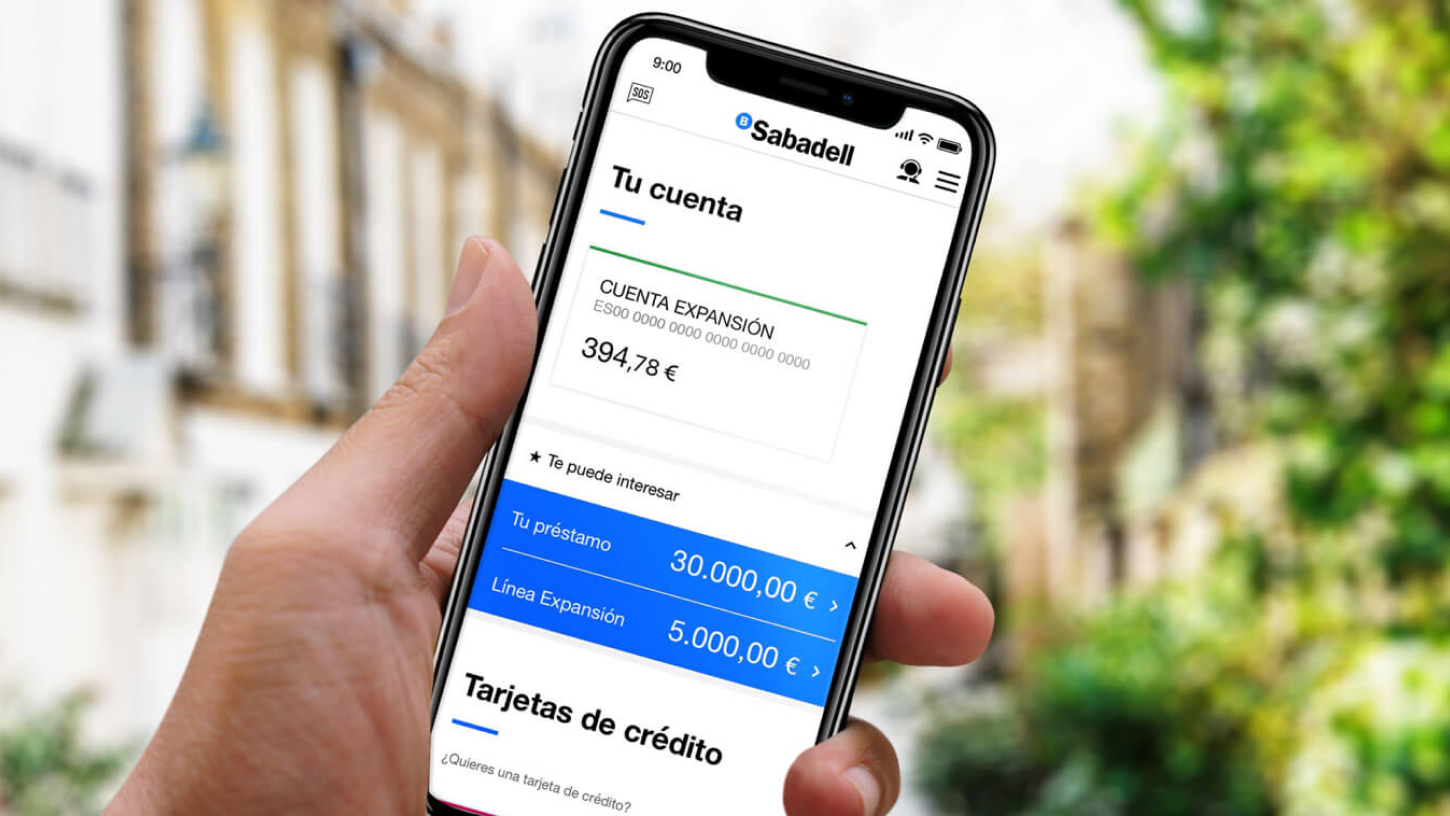
Financial services
Yorkshire Building Society + UserTesting
Learn how YBS worked with UserTesting’s Professional Services team to address the UK Consumer Duty and raise customer understanding

Human Insight is the way we know if a communication is up to par. Thanks to testing with real people, teams are exposed to user-centered design and the value of testing early.
Tina Hughes
Director of Digital & Marketing Channels, Yorkshire Building Society

About the company
A building society is a financial institution owned by its members as a mutual organization, which offers banking and related financial services, especially savings and mortgage lending. Founded in 1864, Yorkshire Building Society (YBS) is the third largest building society in the UK, with its headquarters in Bradford, West Yorkshire, England.

Get started now
Contact Sales Substantial increase in visits to the 5K Deposit Mortgage product page
Substantial increase in visits to the 5K Deposit Mortgage product page- 21%Increase in customer understanding of financial offerings on the first try
 Key insights from customers early in the product development lifecycle
Key insights from customers early in the product development lifecycle
Yorkshire Building Society (YBS) is a prominent financial institution in the UK, serving nearly three million customers. As part of its ongoing digital transformation, YBS’s UX designers have extensively tested the organization's digital experiences with UserTesting for several years.

The team has conducted over 1,000 studies to inform decision-making across their website, chatbot, and mobile app. However, despite their UX team’s commitment to customer-centered thinking in the digital realm, they faced challenges in applying user-centered design (UCD) principles to other areas of the business.
The introduction of the Consumer Duty in 2023 presented a significant opportunity for Yorkshire Building Society (YBS). This new regulation, enforced by the UK’s Financial Conduct Authority, mandates that financial services organizations design experiences that facilitate “good outcomes” and “avoid foreseeable harm” for their customers.
George Bishop, User Experience Manager at YBS, recognized this as a chance to promote user-centered design (UCD) within the organization. While others might have perceived it as a challenge, Bishop saw it as an occasion to educate YBS about the importance of customer-focused thinking. The regulator’s emphasis on customer-centricity provided the impetus for the UX team to take the lead in driving UCD principles across the business.
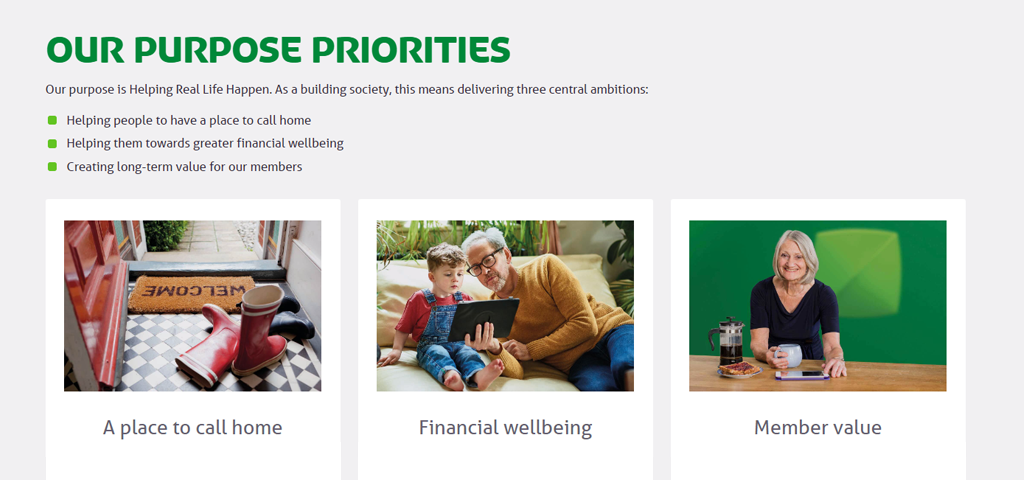
As part of complying with the Consumer Duty, YBS needed to ensure that customers could easily understand the communications they received. With six separate business units responsible for writing and publishing hundreds of communications annually, YBS faced the task of testing and reviewing content—along with a backlog of 1,000 items—within a tight timeframe to meet the regulatory deadline.
Daniel Keane, Senior Product Owner on the YBS Digital Team, took on the task of creating a content testing process for teams unfamiliar with user testing. He collaborated with various YBS teams, helping them grasp the necessary steps. By understanding their needs and constraints, he devised an approach that suited everyone—effectively applying user-centred design (UCD) principles even before testing began.
Recognizing that not all content required testing, the team developed a risk matrix to identify high-risk items. Given the large volume of content and tight deadlines, YBS partnered with UserTesting’s Professional Services team. They designed a scoring system to evaluate communication clarity, which YBS later integrated into their in-house practices.
At the same time, YBS established a User Research team comprising research and testing professionals. That team refined and enhanced the processes that YBS had co-created with UserTesting’s Professional Services group. As a result, YBS teams now have the tools they need to produce engaging and easily comprehensible content.
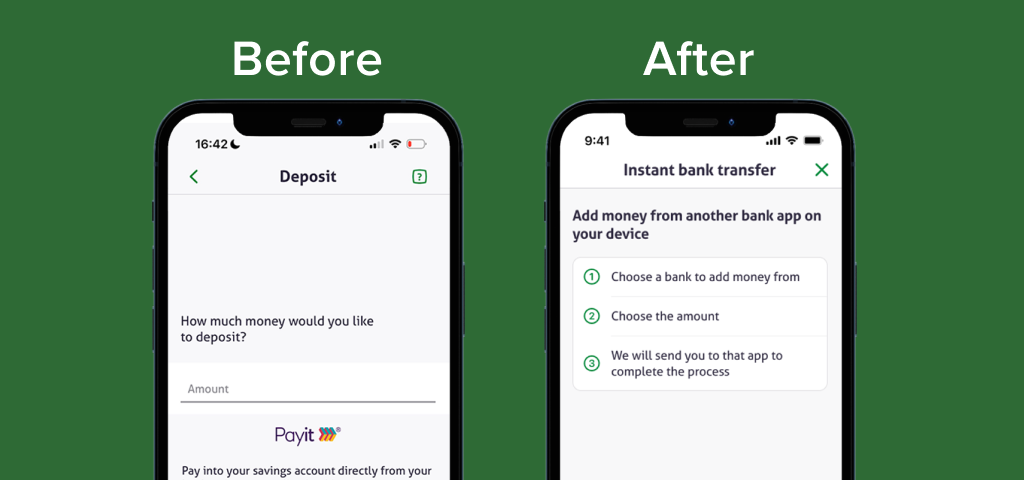
The User Research team at YBS receives various communications, such as letters, emails, and web pages, with requests from teams to review their appropriateness for publication. They present these materials to the UserTesting Contributor Network, asking participants to read and explain the content in their own words. Participants also identify any sections they find challenging to understand. Based on this feedback, the team assigns an understanding score to each item, determining whether it receives a “pass,” “pass with changes,” or a “fail” grade. The User Research team then shares the findings with stakeholders, who use them to improve their communications.
George Bishop highlights the value of collaborating with UserTesting’s Professional Services team in upskilling their new User Research team and co-creating the scoring system. “Every communication now receives a score out of 100, providing stakeholders with clarity on content understandability. UserTesting’s involvement extended to refining processes, working alongside the User Research and Digital teams.”
Tina Hughes, Director of Digital and Marketing Channels, says, “Human insight is the way we know if a communication is up to par. Thanks to testing with real people, teams are exposed to user-centered design and the value of testing early.”
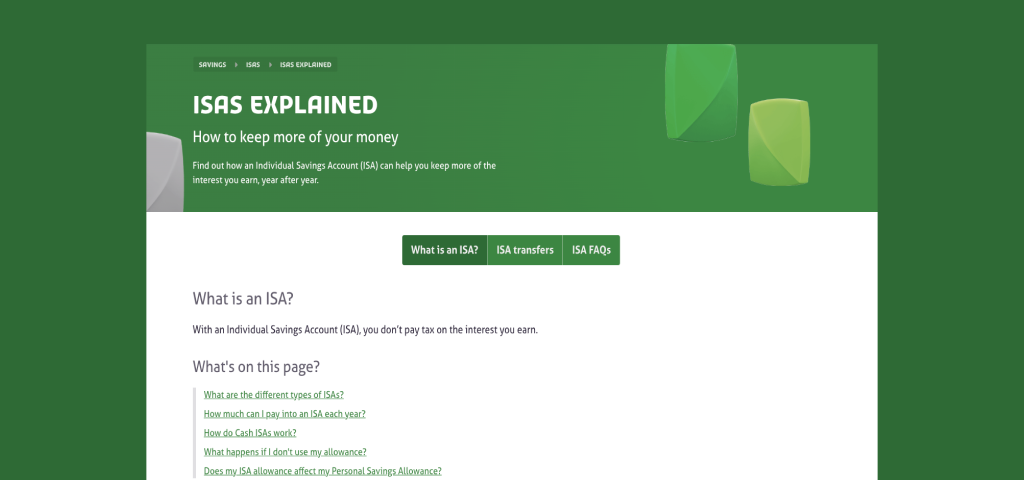
Last year, YBS launched products in which customers collect different interest rates on separate parts of their balance. They might receive more interest on the first £10,000 of their balance, then slightly less on higher amounts. By doing this, YBS can pay a higher interest rate to more people overall.
YBS’s product launch revealed the importance of user testing. Although the explanations seemed clear internally, testing highlighted that customers struggled to understand the online descriptions. In a study conducted by the User Research team, participants couldn’t accurately calculate the interest they’d earn on a hypothetical balance. By leveraging human insights early, YBS adjusted their approach and improved product explanations. Now, more customers can find the best-suited product for their needs. The sharing of this insight with Trading and Marketing teams emphasizes a customer-led decision-making process.
George Bishop explains the importance of speaking to customers clearly and in a way they can understand. “When customers are confident in their decisions, they are more likely to purchase. For example, sharing our findings with our Marketing team is allowing us to run more impactful campaigns. Most importantly for us, customers are making better decisions and achieving better financial outcomes.”
In the past nine months, YBS has tested approximately 250 pieces of collateral for customer understanding. Their first-time pass rate has increased from 40% to 61% and that figure will surely increase. Thanks to testing, YBS is communicating much more effectively with customers. And other departments have begun consulting the User Research team for human insight studies beyond Consumer Duty.

Having a dedicated team for testing customer understanding makes YBS an outlier in the UK financial sector--whereas most organizations roll this work into their existing insight functions. YBS’ commitment to, and investment in, user-centered design and human insight continues to pay off.
Recently, YBS launched a new mortgage product, the 5K Deposit Mortgage. For the first time, the business asked the User Research team to test out different names for the product. The results were clear: People understood the simple name more than a 'frilly' name like “first time buyer mortgage.” The business listened to this research and stuck with the simple name.

YBS saw a substantial increase in visits to the 5K Deposit Mortgage product page on their website in the first few weeks after launch because they ranked on the first page of search engines for dozens of brand new keywords, such as “£5k deposit mortgage” and “£5k mortgage.” This is all thanks to the research telling them that a literal name was more effective.
Collaborating with UserTesting’s Professional Services (PS) team, YBS addressed a backlog of marketing items, web pages, and emails--all while building our User Research function. The PS team played a crucial role in helping YBS meet Consumer Duty standards.George Bishop User Experience Manager, Yorkshire Building Society



